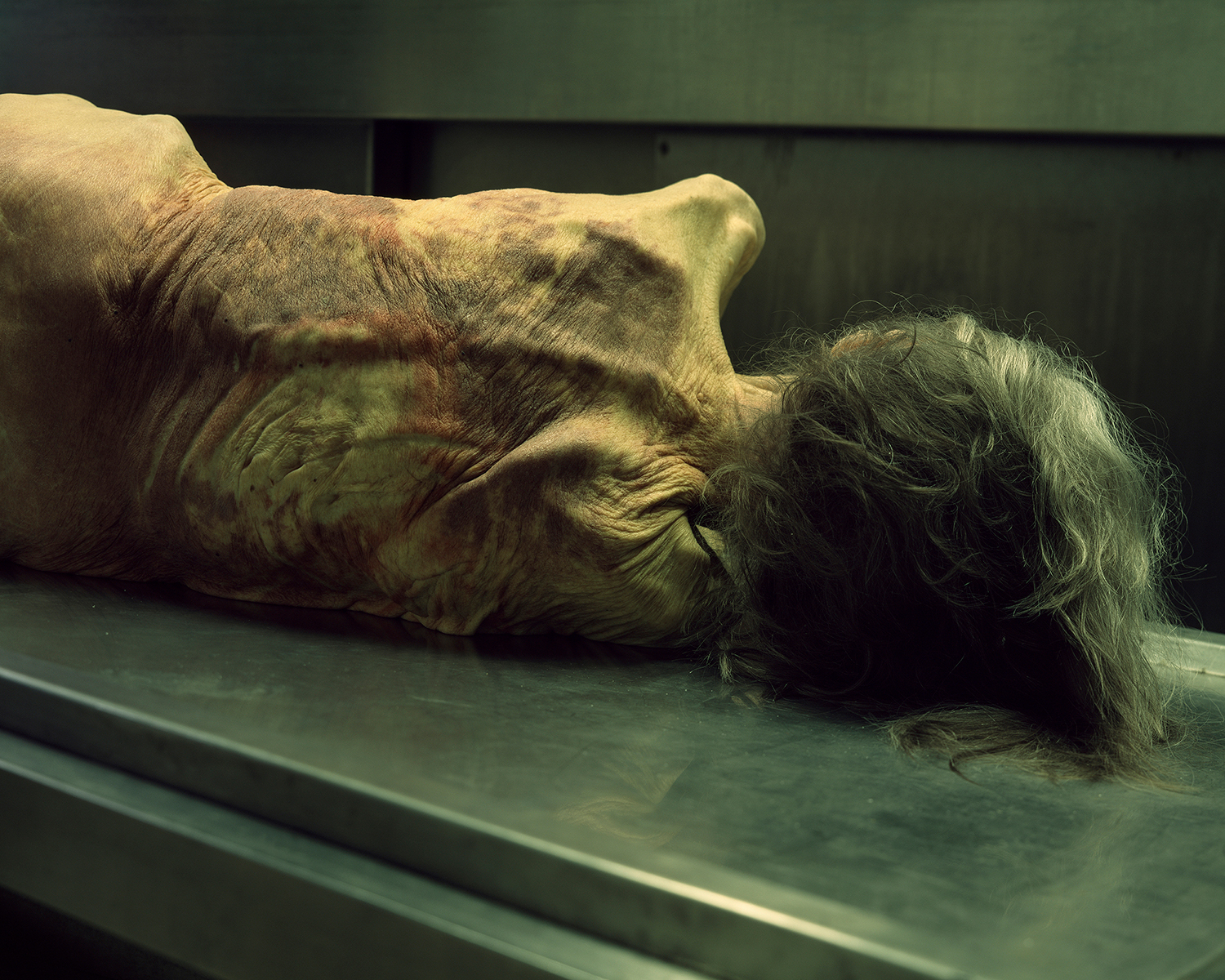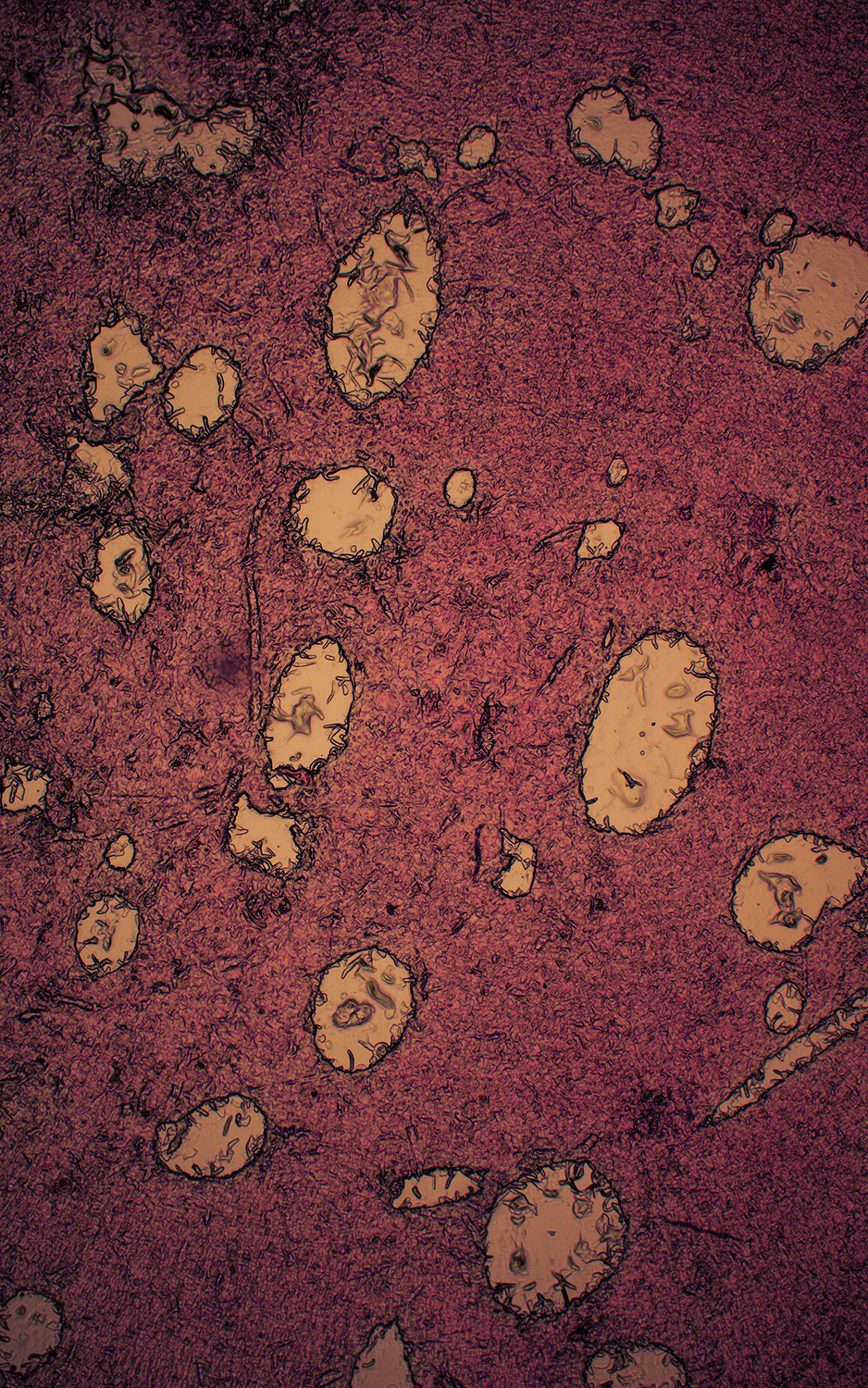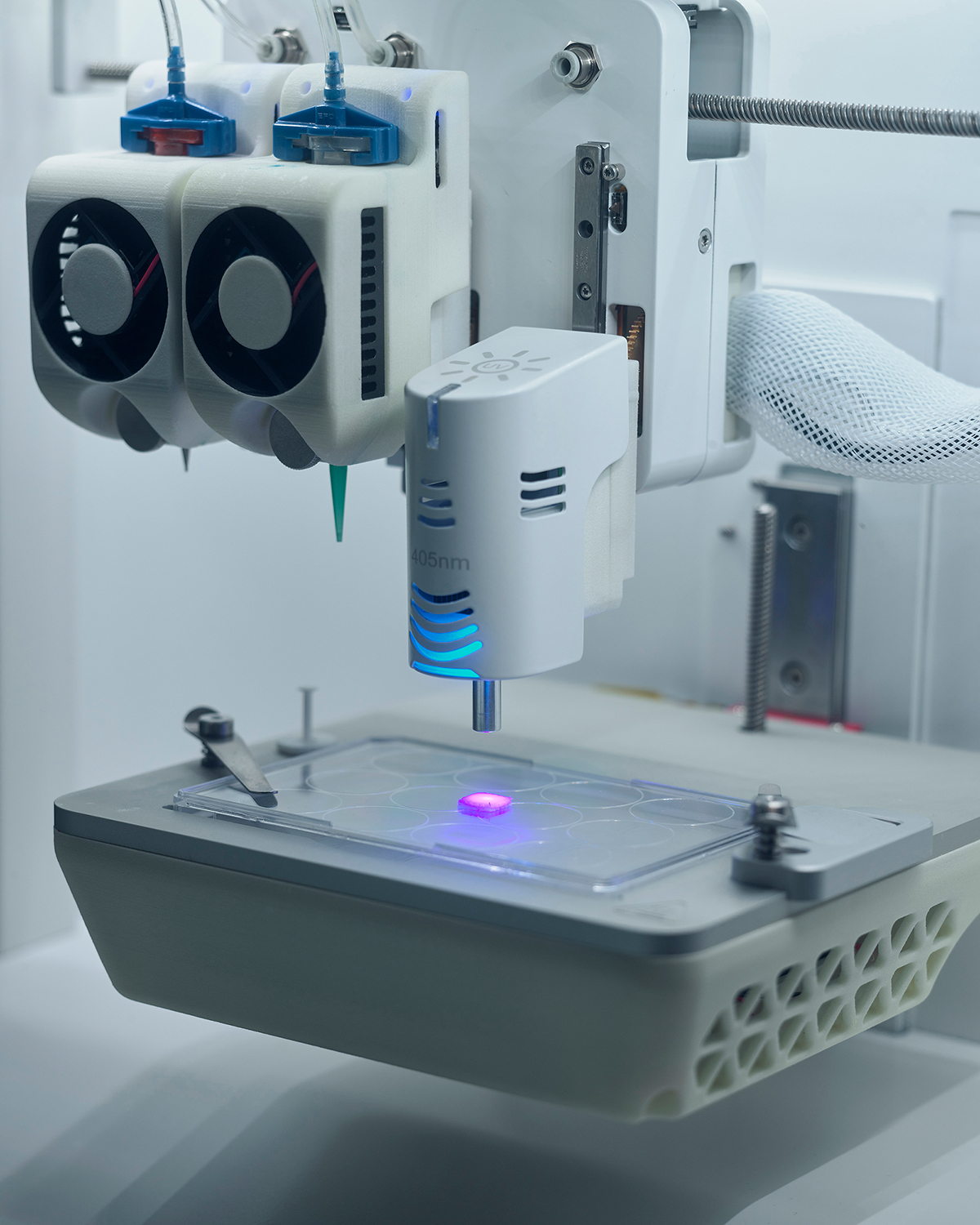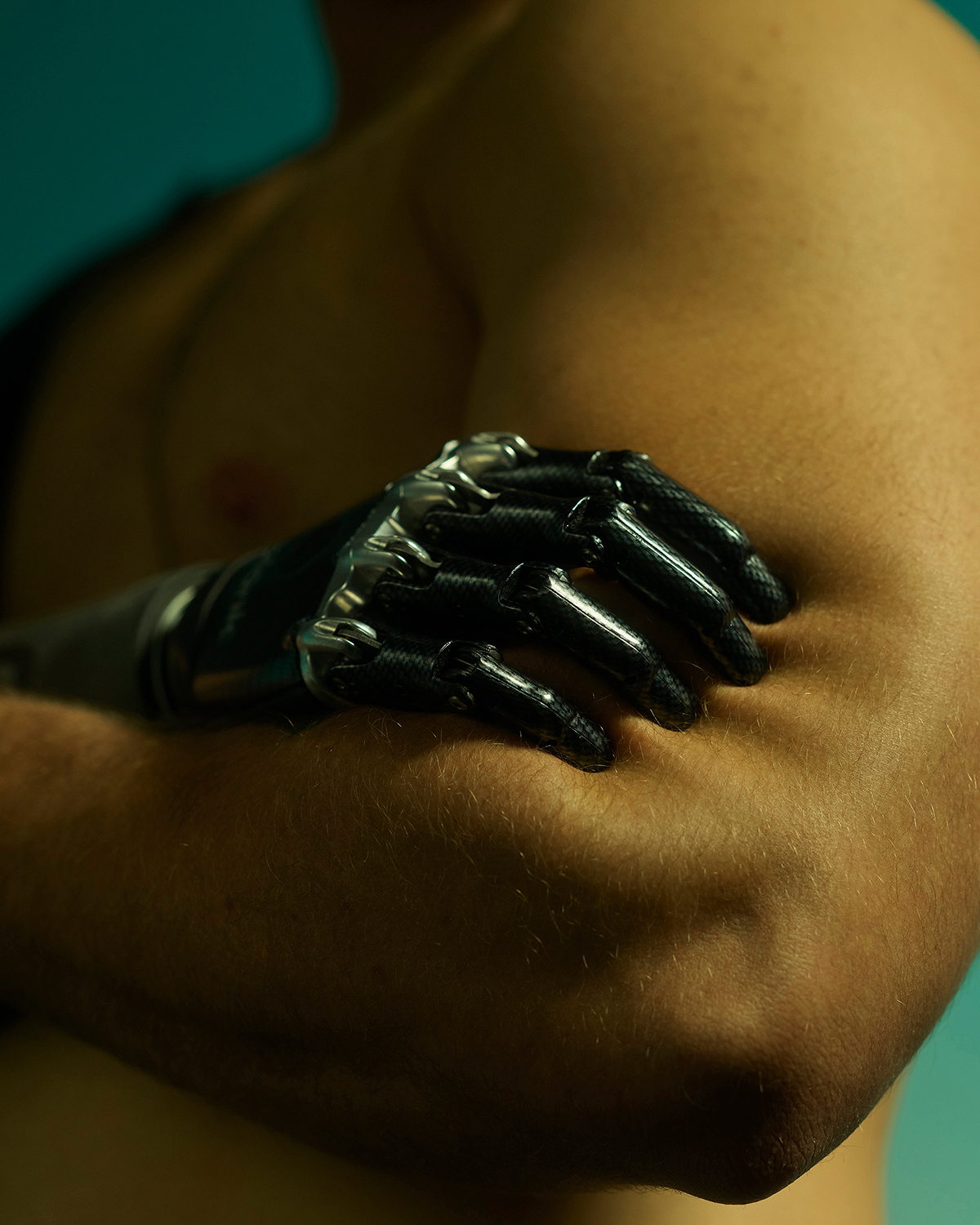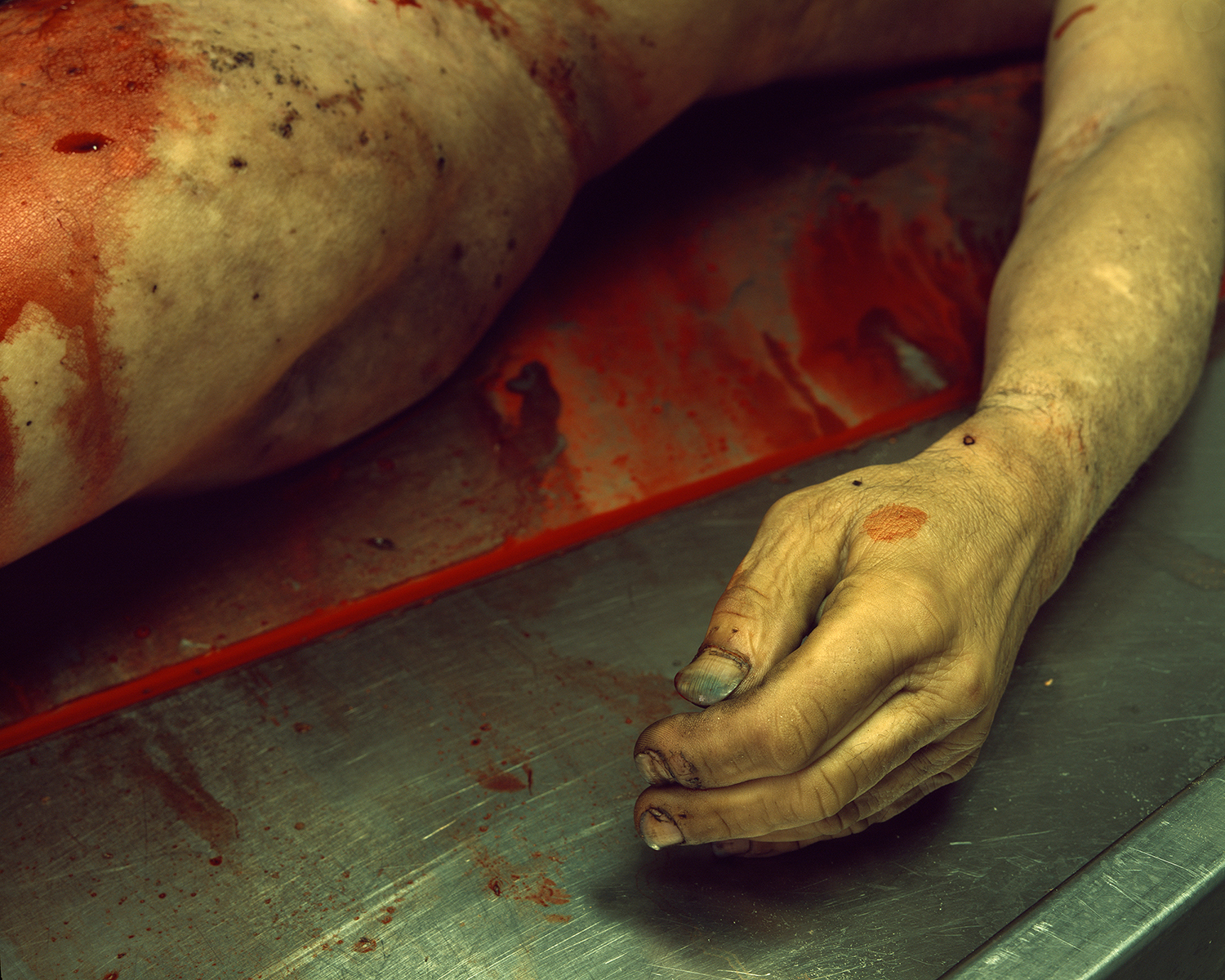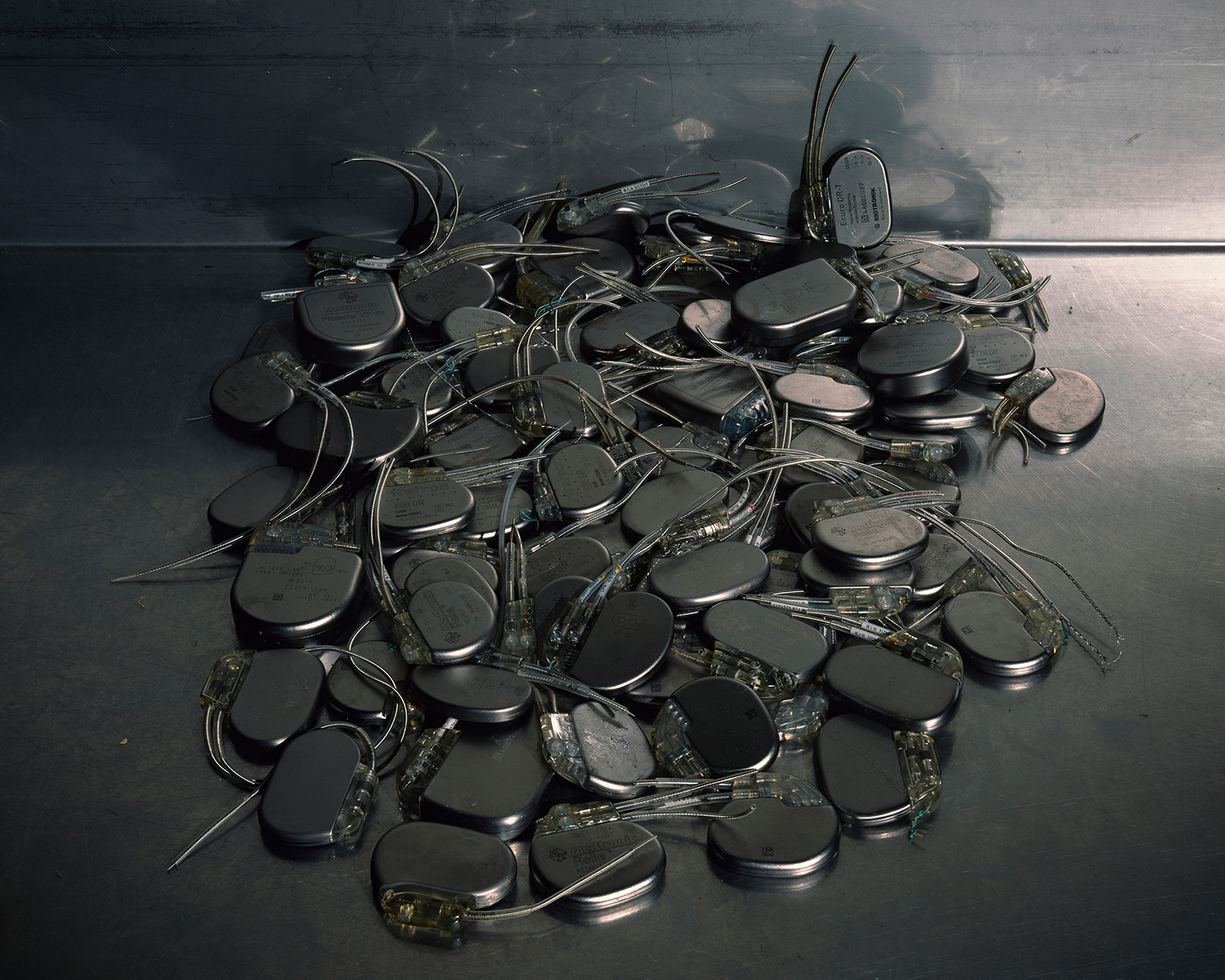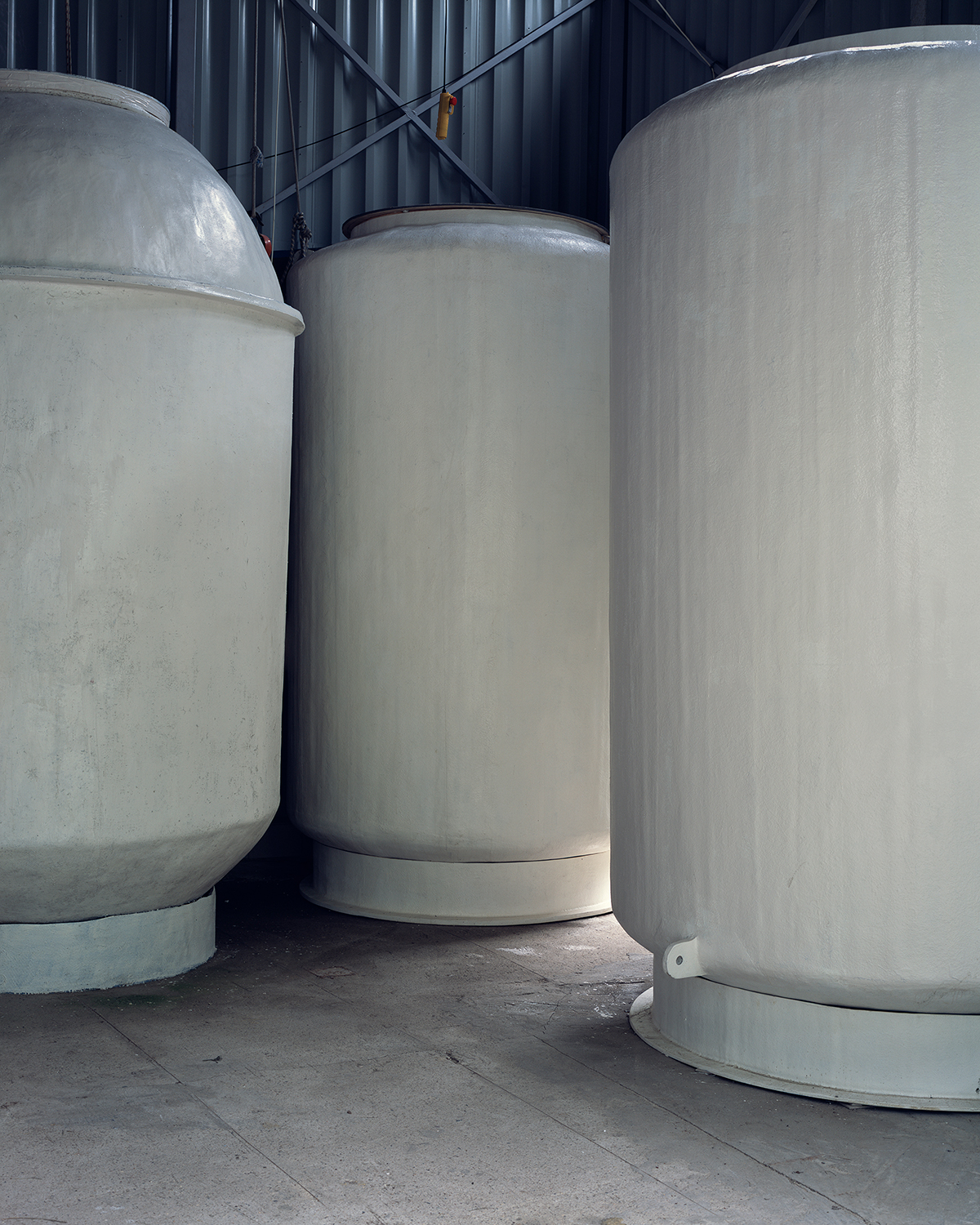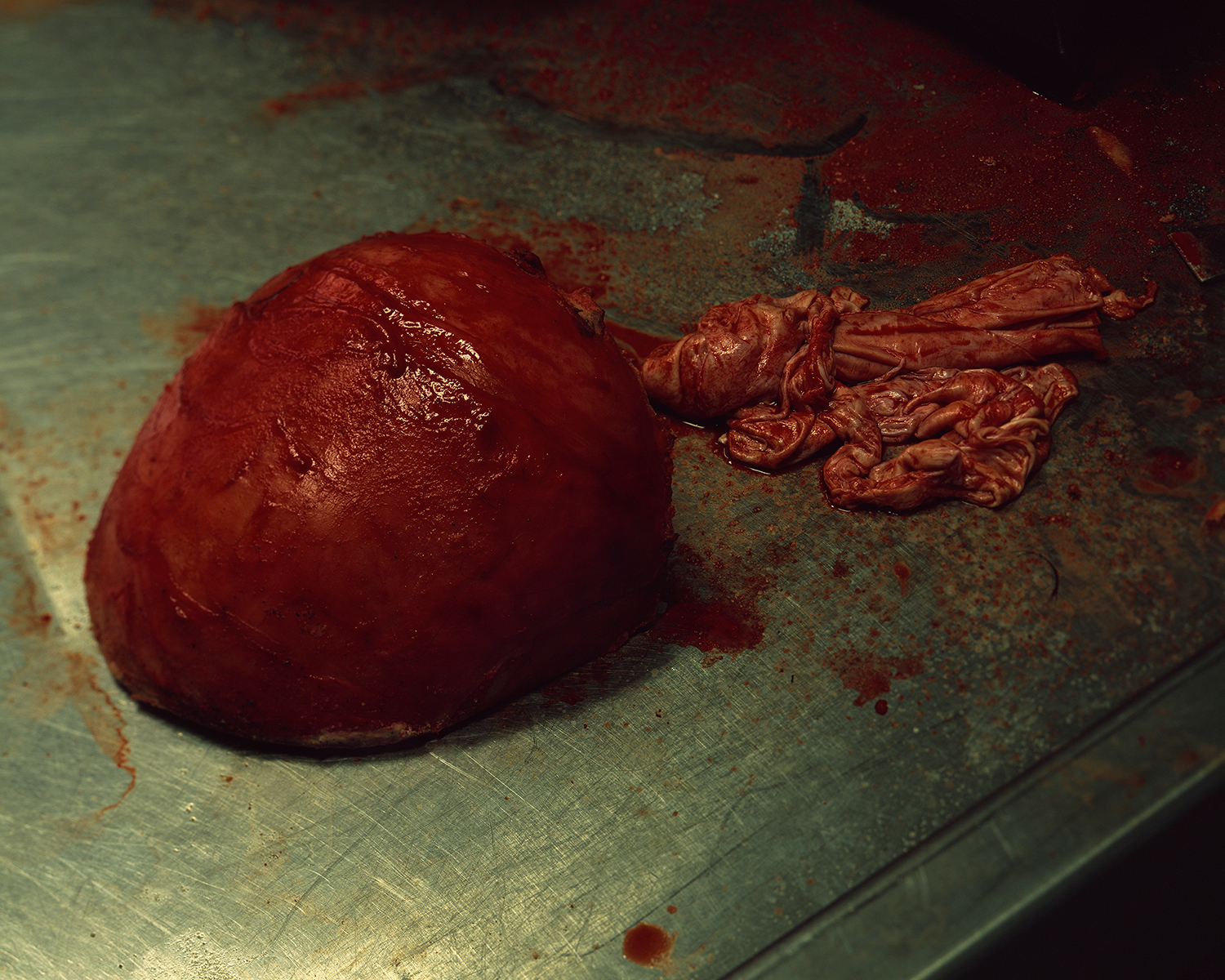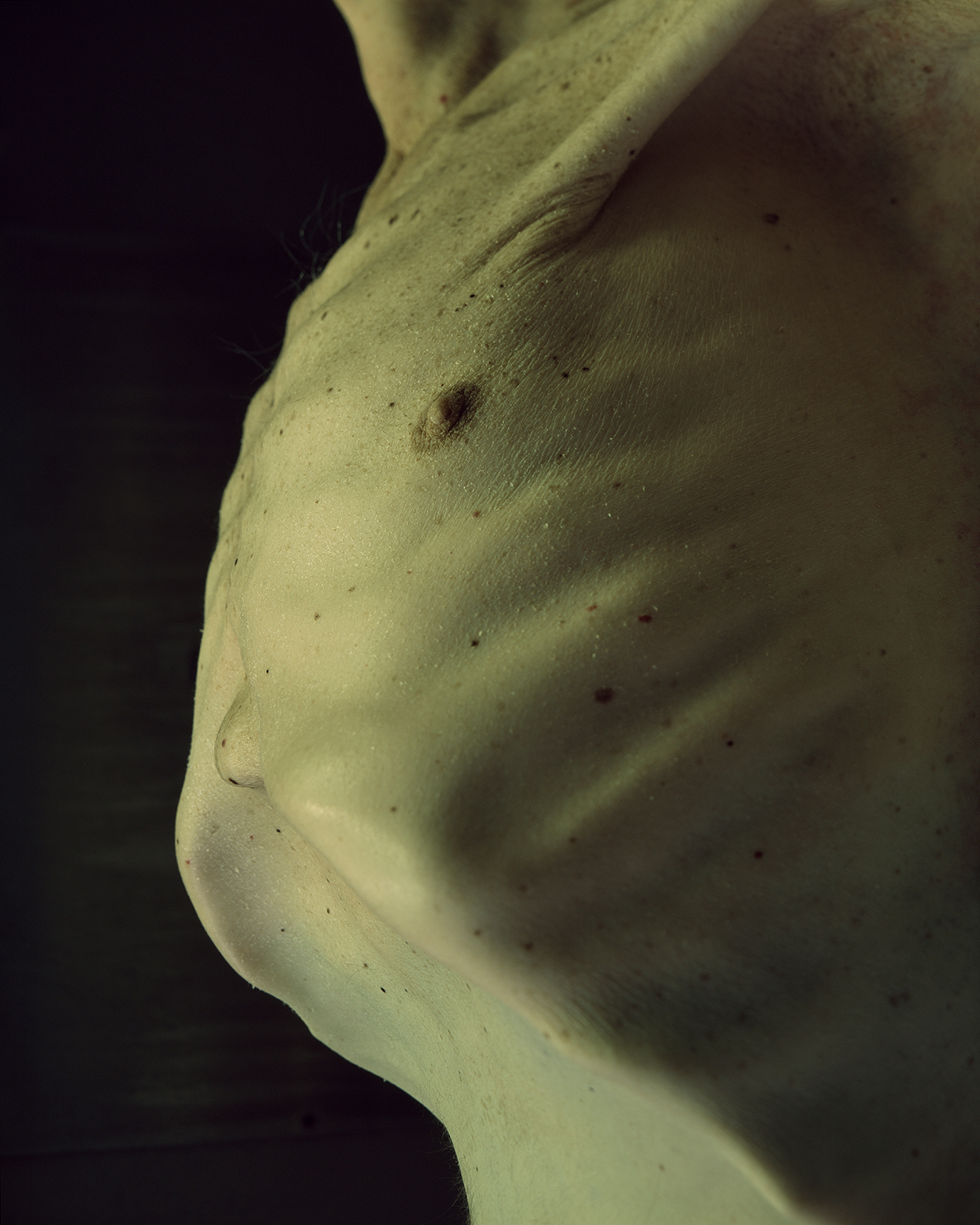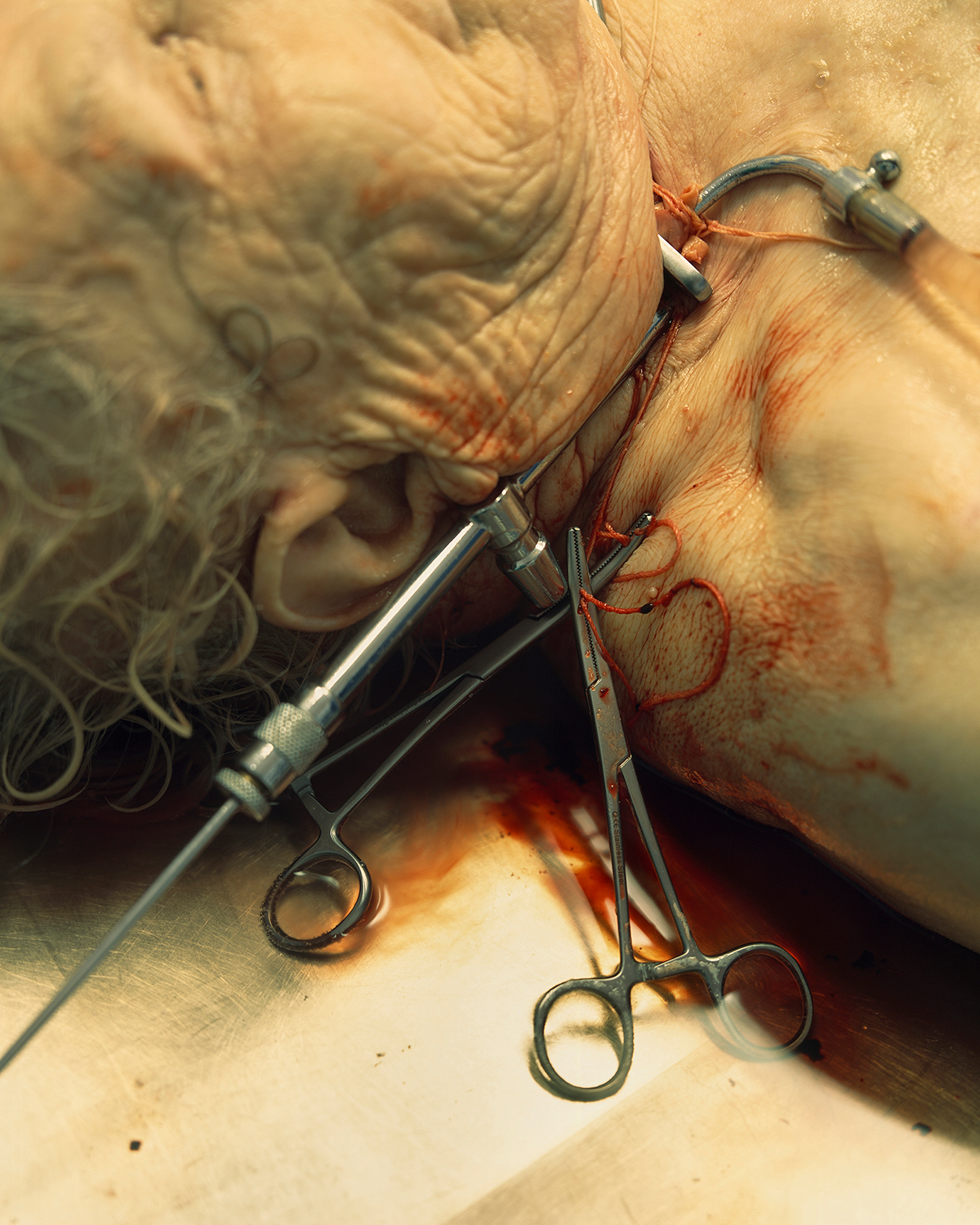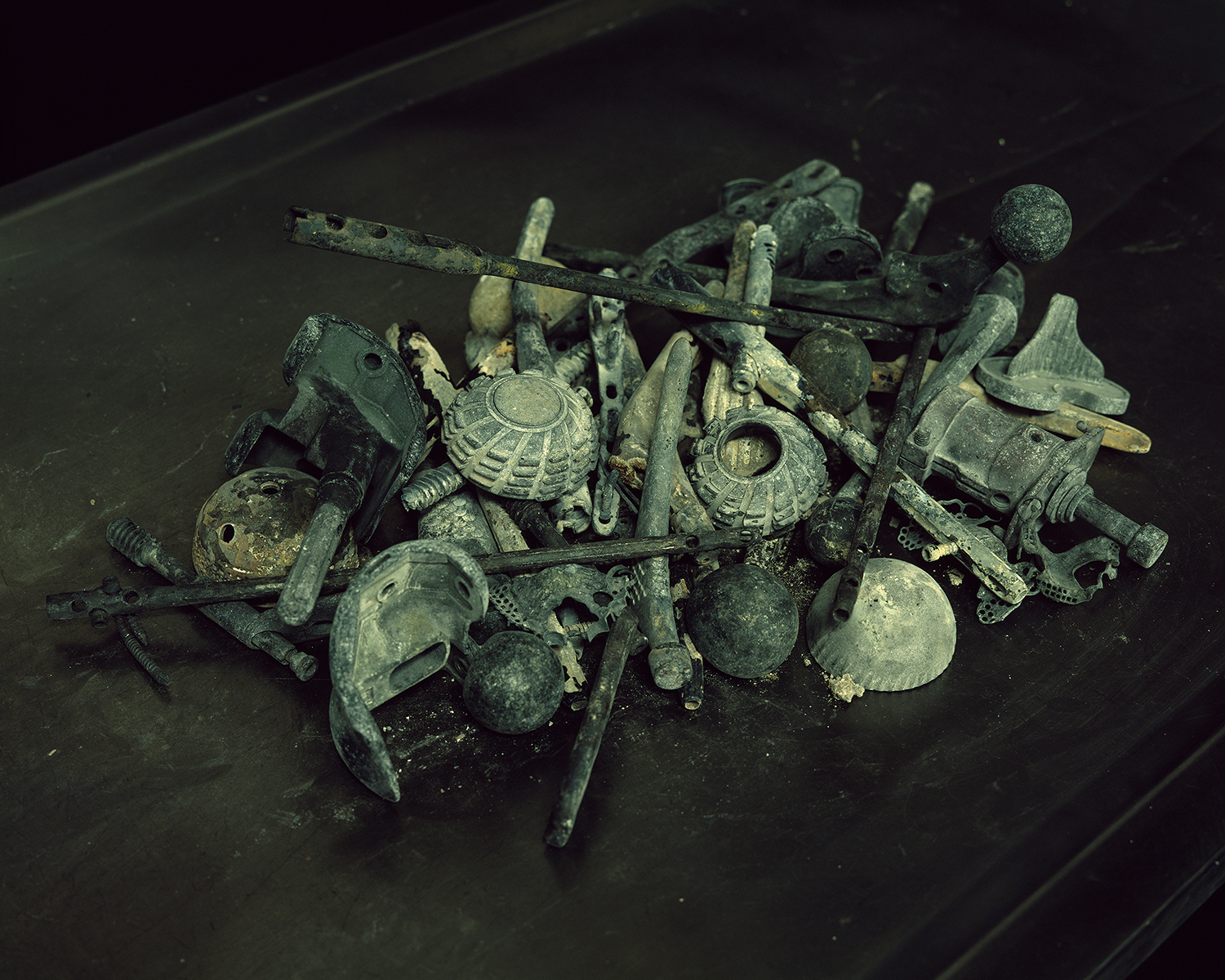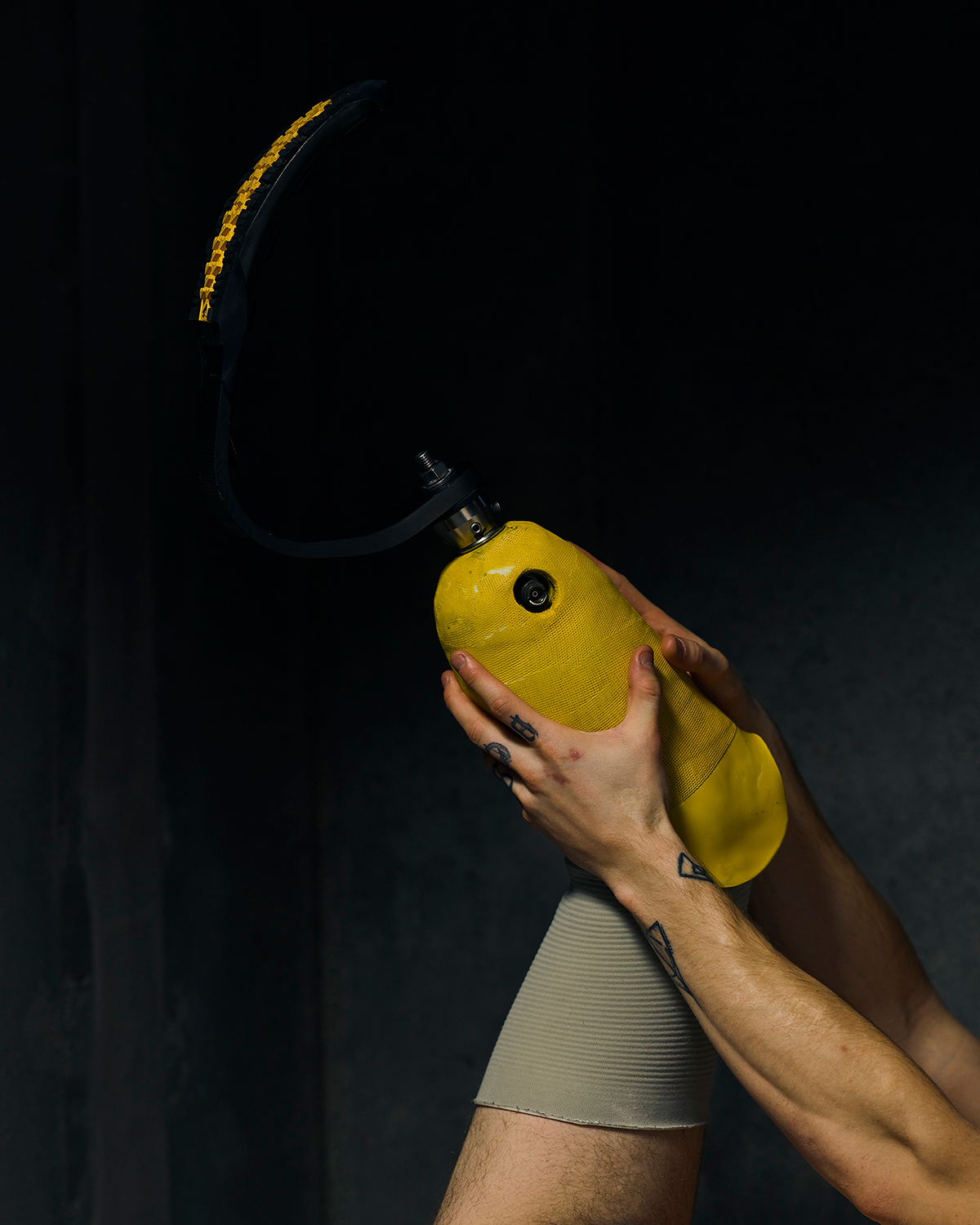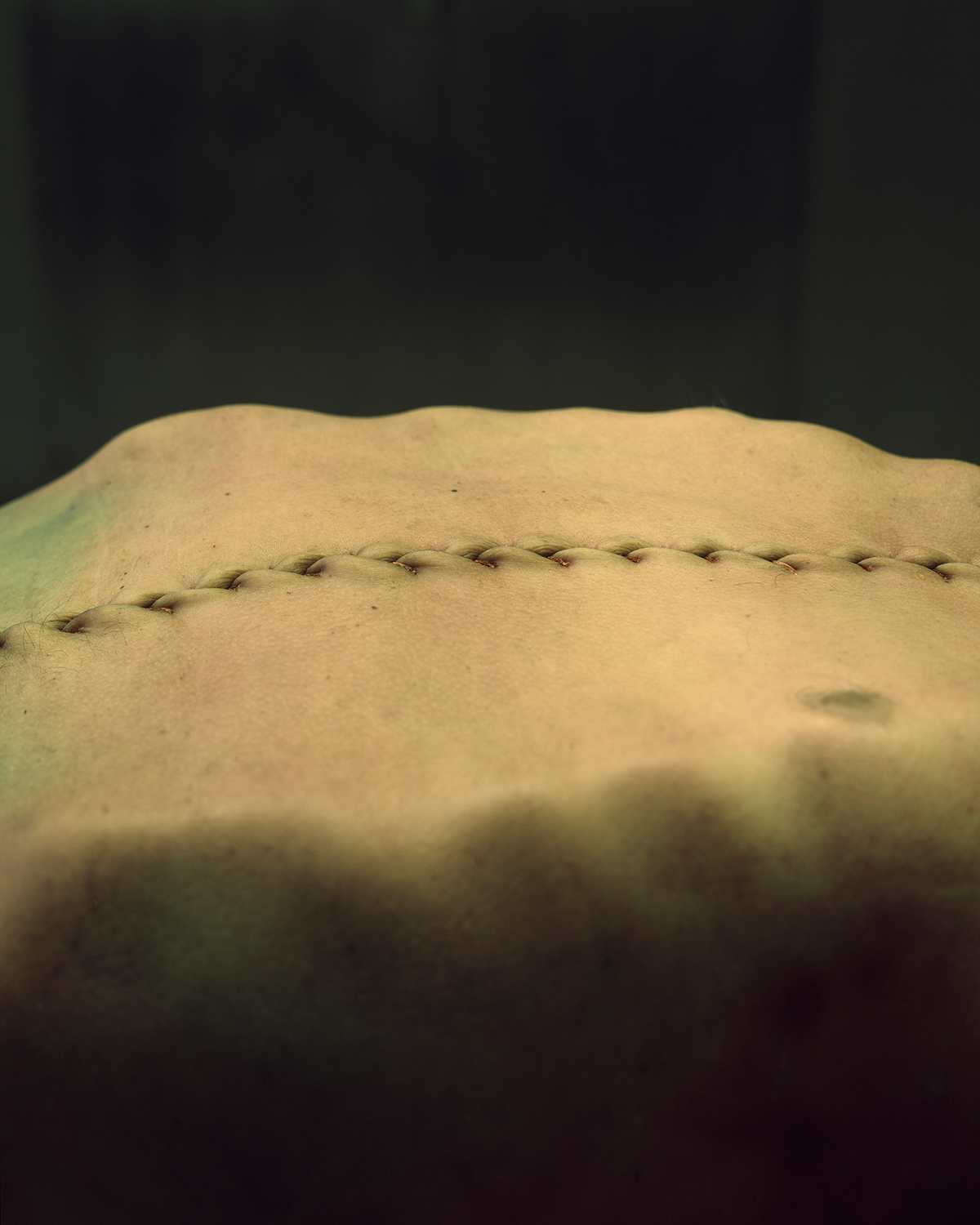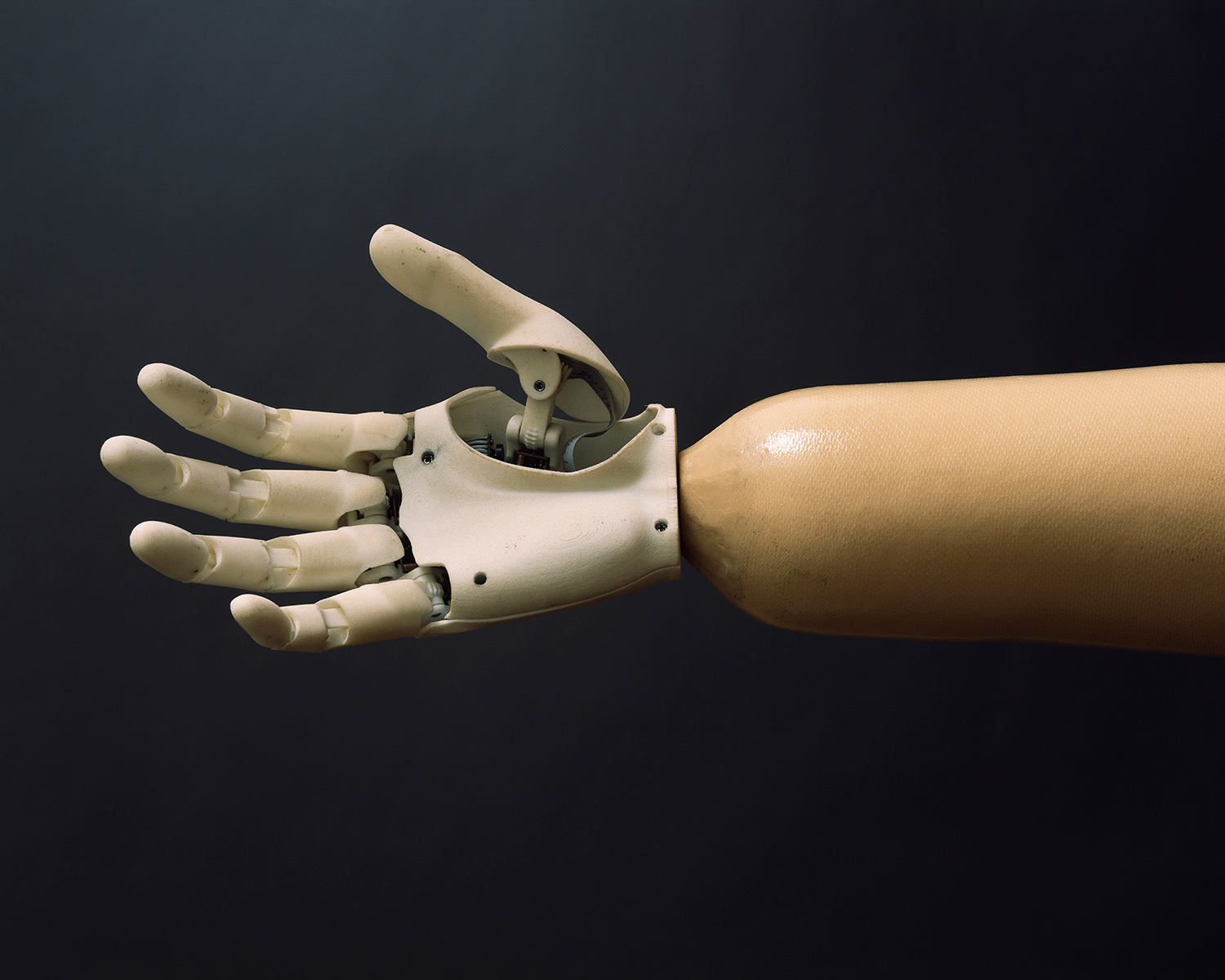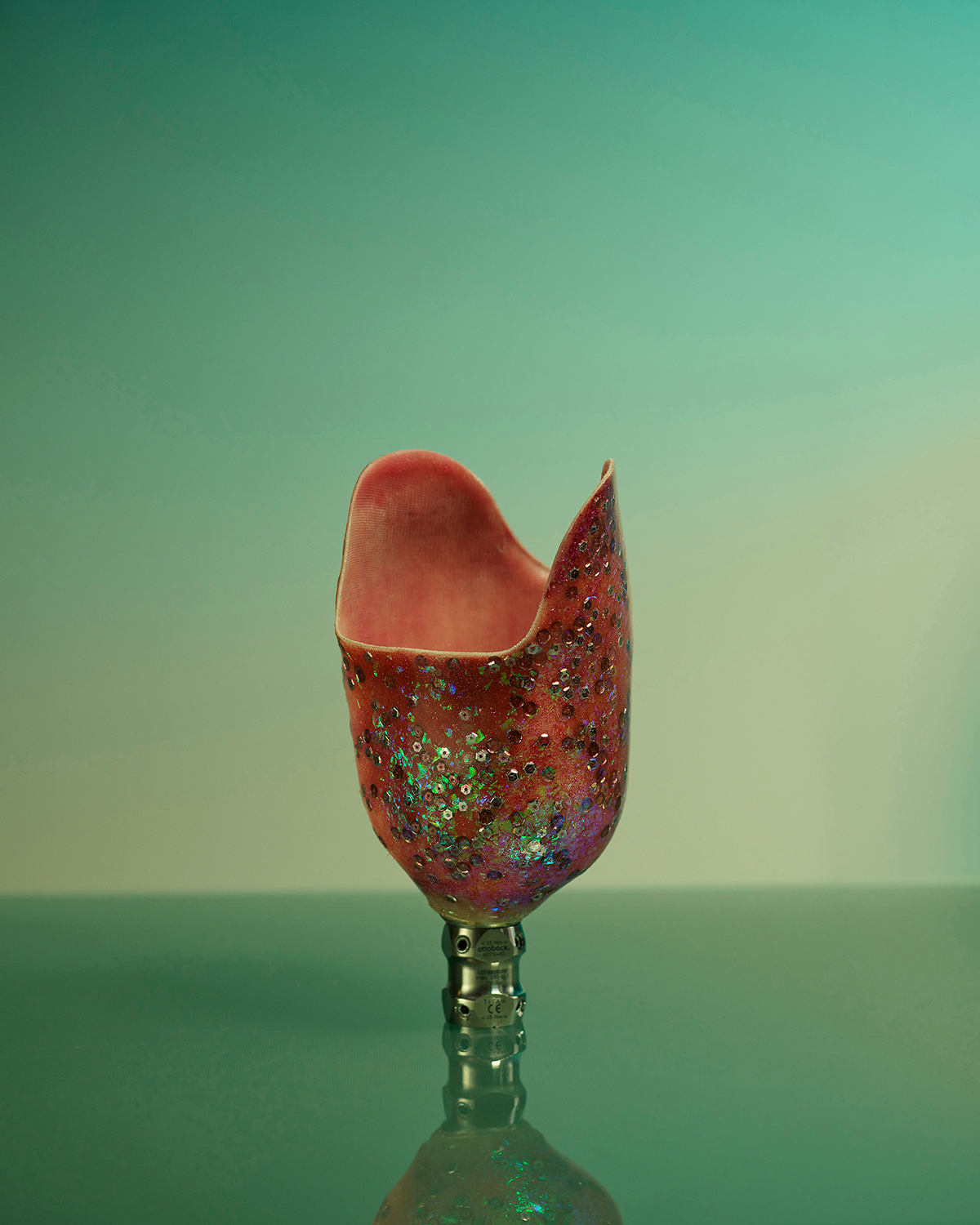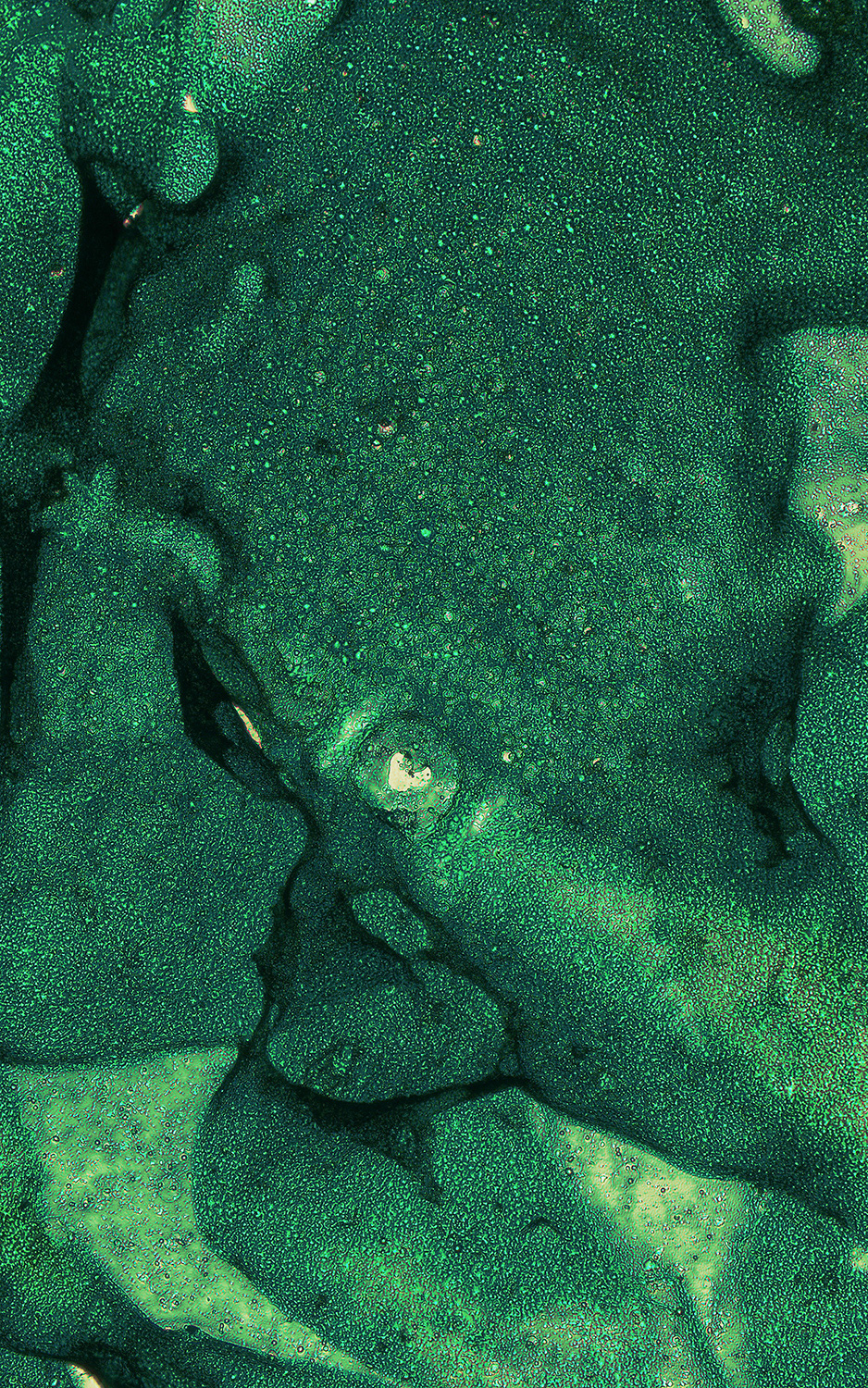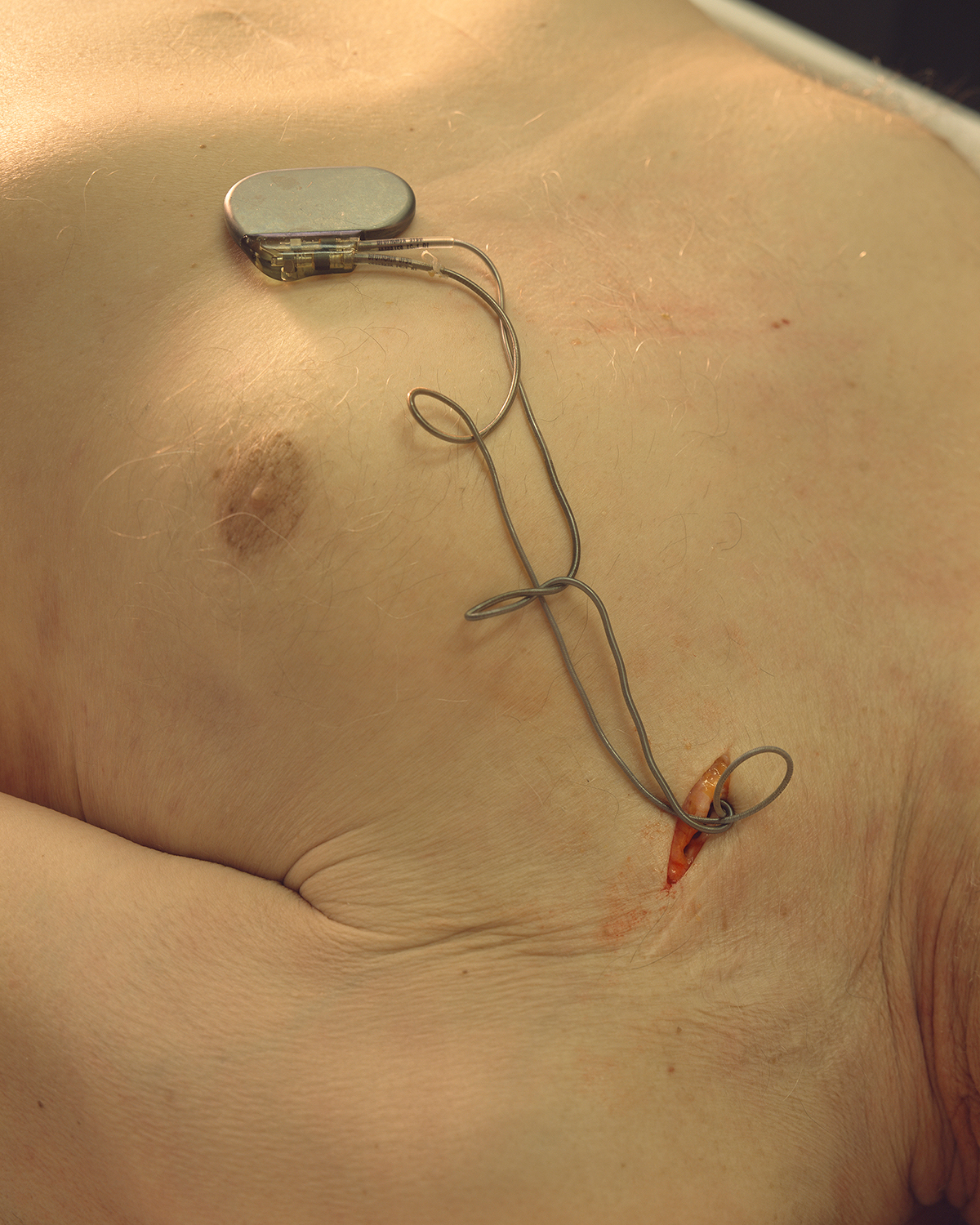My work aims to provoke questions and challenge contemporary social and cultural perspectives on death, the quality of life, and reflections on the essence of humanity from philosophical, futurological, and technological standpoints. The narrative surrounding our corporeality seeks to initiate a dialogue about topics that have been taboo or socially marginalized in Poland, including burial laws, medical bioengineering, technology in medical services, shifts in the perception of the deceased body, and aspects of loss. Such discourse has the potential to unveil needs and solutions for the advancement of bioengineering in Poland. The emerging concept of transhumanism addresses elements of the human condition, such as disability, suffering, disease, aging, and involuntary death, considering them unnecessary and undesirable, though often remaining conceptual or aspirational.
Modern society’s increasing detachment from death, coupled with a culture fixated on perpetual youth and the defiance of death through scientific means, amplifies the fear of confronting mortality in daily life. Photography serves as a medium deeply entwined with these issues. In the 19th and early 20th centuries, post-mortem photography was prevalent for various reasons, including the more frequent encounter with death in everyday life and the desire to preserve memories through photographs, even in death. It embodies the simultaneous acknowledgment and avoidance of loss, preserving consciousness indefinitely.
My inspiration draws from a wide spectrum of art, including the Renaissance, which has long grappled with themes of death and humanity within the context of its respective times, needs, and ideologies, as well as from law, technological advancements, and observations of social behavior.
2018 – 2019
